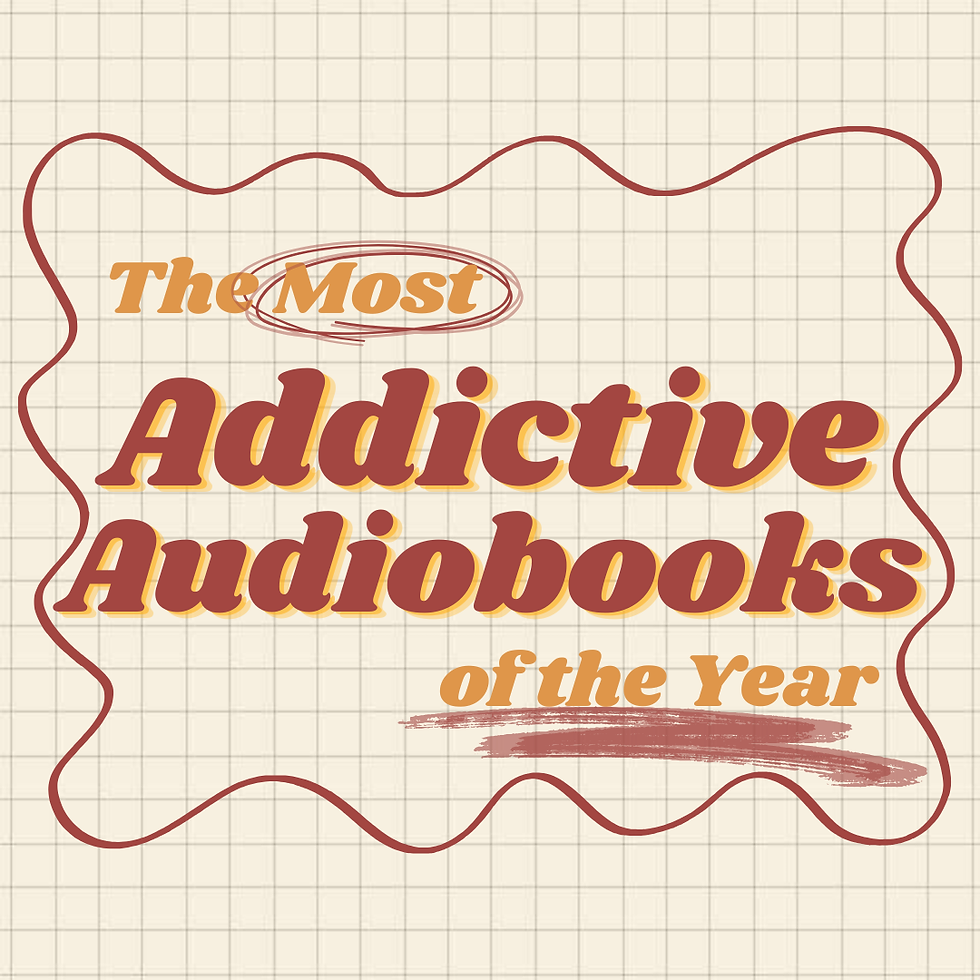UGA Press and The Georgia Review: Home of Georgia Review Books and the Poetry Pulitzer Prize Winner
- The Publishing Post

- Jun 5, 2024
- 4 min read
By Natalie Klinkenberg, Chloë Marshall, Mishelle Kennady and Frankie Harnett
Want to read more?
Subscribe to thepublishingpost.com to keep reading this exclusive post.








